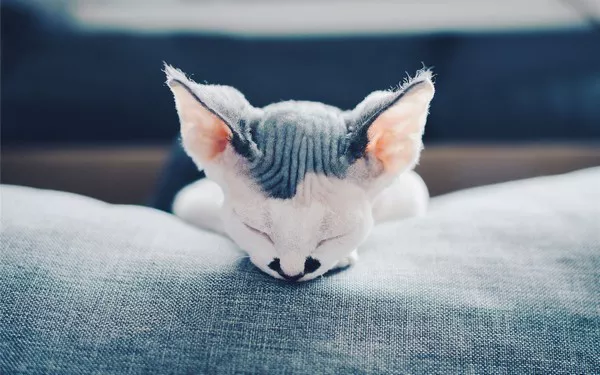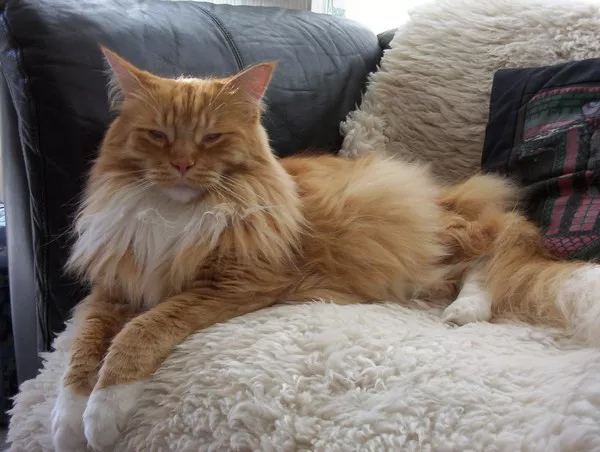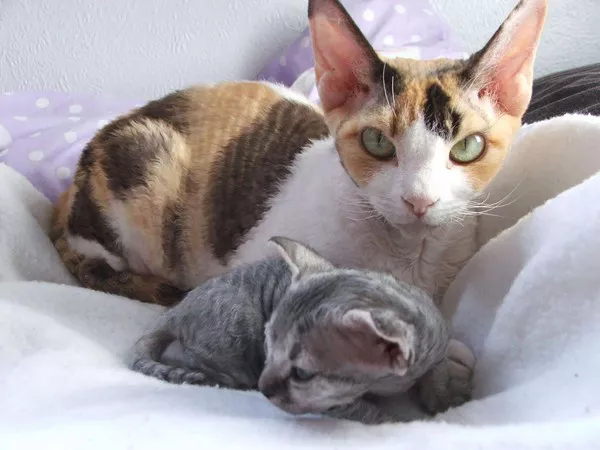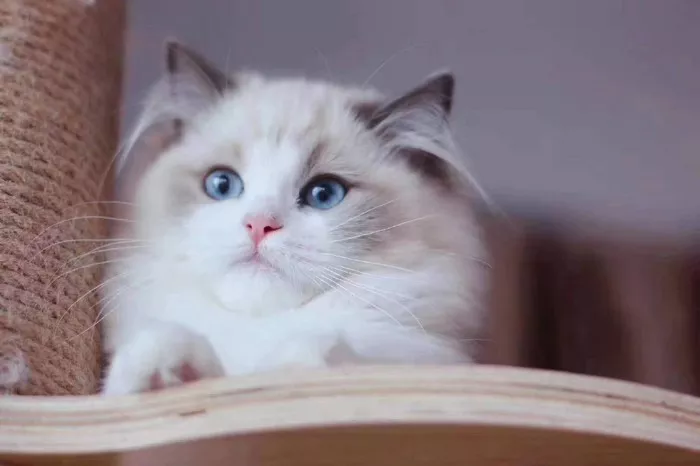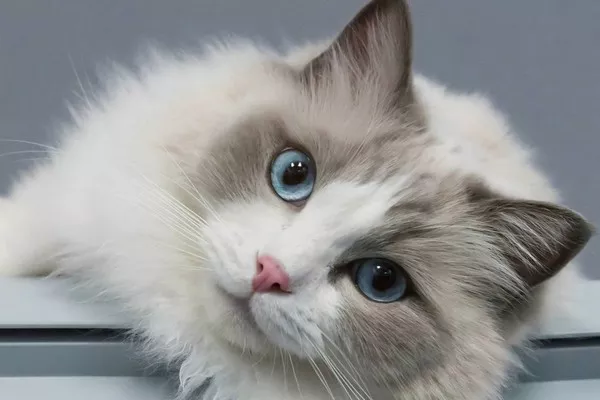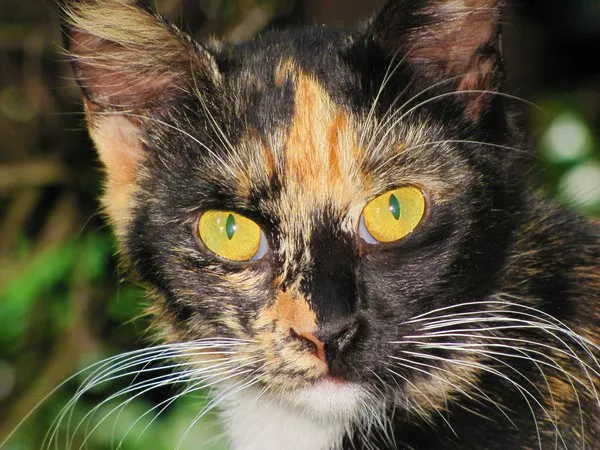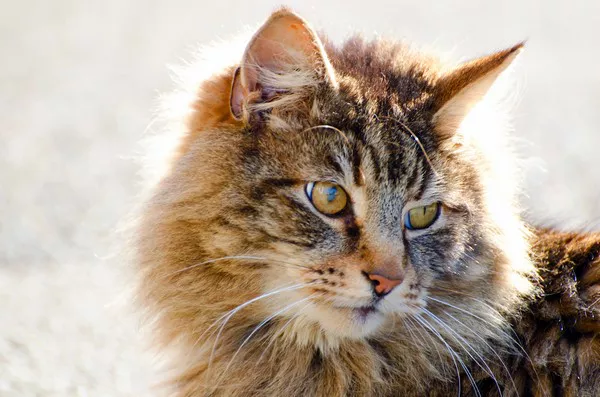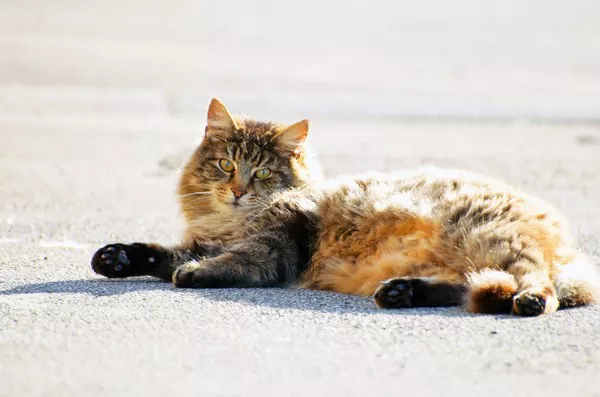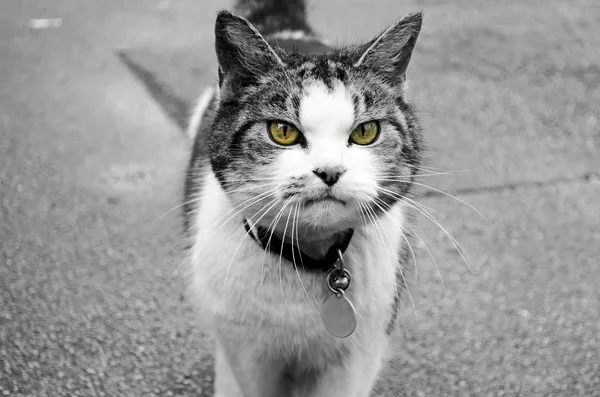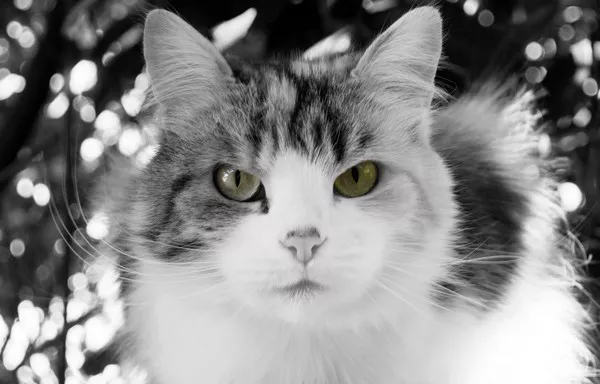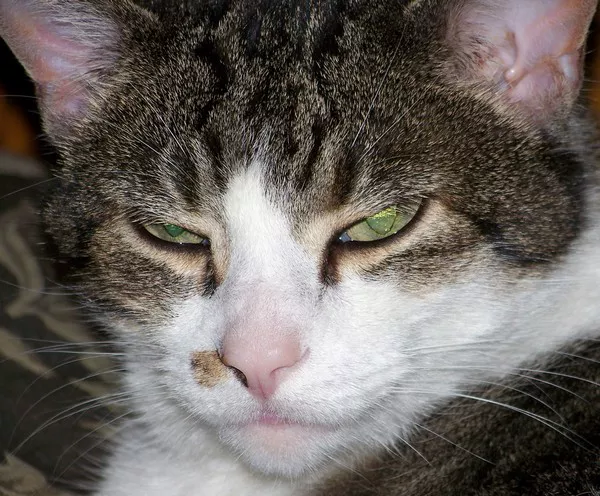In the diverse world of feline breeds, the Devon Rex stands out with its distinct appearance and charismatic persona. Known for its pixie-like features, large ears, and curly coat, the Devon Rex is often a topic of interest for potential cat owners, particularly regarding its behavior and temperament. One common question among enthusiasts and prospective cat owners is whether Devon Rex cats are cuddly. This article explores the affectionate nature of the Devon Rex, providing a comprehensive insight into what makes these cats particularly endearing and suited for families seeking a loving pet.
Devon Rex Breed
Before diving into their cuddly nature, understanding the origins and physical characteristics of the Devon Rex can provide valuable context about their overall temperament.
History and Origins of the Devon Rex
The Devon Rex breed originated in Devonshire, England, in the late 1950s. The breed was discovered by accident when a curly-coated kitten was born among a litter of otherwise typical domestic house cats. The unique appearance and endearing qualities of this kitten, named Kirlee, led to a breeding program designed to preserve and refine these traits, giving rise to the breed known today as the Devon Rex.
Physical Characteristics
Coat: The most striking feature of the Devon Rex is its soft, wavy, or curly coat. This coat is the result of a genetic mutation, and it gives the Devon Rex a distinctive appearance compared to other cat breeds.
Ears: Large, low-set ears are another hallmark of the breed, contributing to their elf-like appearance.
Body Structure: Devon Rexes are generally small to medium in size, with slender bodies, long legs, and a fine bone structure.
Temperament and Behavioral Traits
The Devon Rex is known for its playful, outgoing, and sociable nature. These cats are often described as “puppy-like” in their behavior, displaying more social interaction and loyalty than typically observed in felines.
Playfulness and Energy
Devon Rex cats are highly playful and remain kitten-like in their energy levels well into adulthood. They enjoy interactive play with humans and other pets, making them excellent companions for active households.
Intelligence and Trainability
This breed is notably intelligent, capable of learning tricks and commands, which contributes to their interactive nature. Devon Rex cats are also known for their problem-solving skills, often finding ingenious ways to engage with their environment.
Social Interaction
Devon Rex cats thrive on social interaction. They are known to form strong bonds with their human families and often seek out warmth and closeness. This trait underscores their reputation for being cuddly.
Are Devon Rex Cats Cuddly?
Given their social nature, Devon Rex cats typically display a high degree of affection towards their owners. Their desire for interaction can often translate into cuddly behavior.
Seeking Affection
Devon Rex cats frequently seek physical affection from their owners and are known to be lap cats. They enjoy being close to their humans and will often curl up on laps or snuggle beside them on the couch.
Response to Handling
This breed generally tolerates and even enjoys being held and handled, which is not always the case with other cat breeds. Their affectionate nature makes them suitable for families with children, as they are more likely to enjoy hugs and gentle strokes.
Presence of the “Cuddle Gene”
While there is no specific “cuddle gene,” the temperament of the Devon Rex suggests a genetic predisposition towards affectionate behavior. This breed seems to have an innate comfort with and desire for close contact with humans.
Health Considerations Affecting Cuddliness
The health of a Devon Rex can influence its cuddliness. Like all breeds, they have specific health needs that, when unmet, can affect their behavior and temperament.
Common Health Issues
Hypotrichosis: This condition, involving the loss of hair, can affect Devon Rex cats due to their unique coat. While it does not directly impact temperament, it can affect how they tolerate being handled, especially if it leads to skin sensitivity.
Hereditary Myopathy: This muscle condition can make movement painful or challenging, potentially reducing a cat’s desire for physical interaction.
Importance of Regular Veterinary Care
Ensuring that your Devon Rex receives regular veterinary check-ups can help manage these conditions and maintain their cuddly nature. Healthy cats are more likely to engage positively with their owners.
Integrating a Devon Rex into Your Home
To maximize the cuddly nature of a Devon Rex, it’s important to consider how they are integrated into the home.
Creating a Welcoming Environment
Warm Spaces: Devon Rex cats, with their thin coats, often seek warm places. Providing a cozy environment with ample blankets and heat sources can encourage snuggling.
Safe Play Areas: Ensuring there are safe, engaging areas for play can help keep a Devon Rex stimulated and content, increasing their likelihood of seeking affection during downtime.
Socialization and Training
Early Socialization: Exposure to gentle handling from a young age can help reinforce their comfort with being held and cuddled.
Positive Reinforcement Training: Using treats and affection to reward desired behaviors can strengthen the bond between pet and owner, enhancing the cat’s cuddliness.
Conclusion: The Cuddly Companionship of Devon Rex Cats
In conclusion, Devon Rex cats are indeed among the more cuddly cat breeds, prized for their affectionate and sociable nature. Their desire for human interaction, combined with their playful and intelligent demeanor, makes them ideal companions for individuals and families alike. When properly cared for and integrated into a loving home, Devon Rex cats not only embrace being cuddly but thrive in environments where their affectionate traits are nurtured. Whether curled up on a lap or engaging in playful antics, the Devon Rex truly embodies the joy and loving companionship that cats can bring into our lives.

